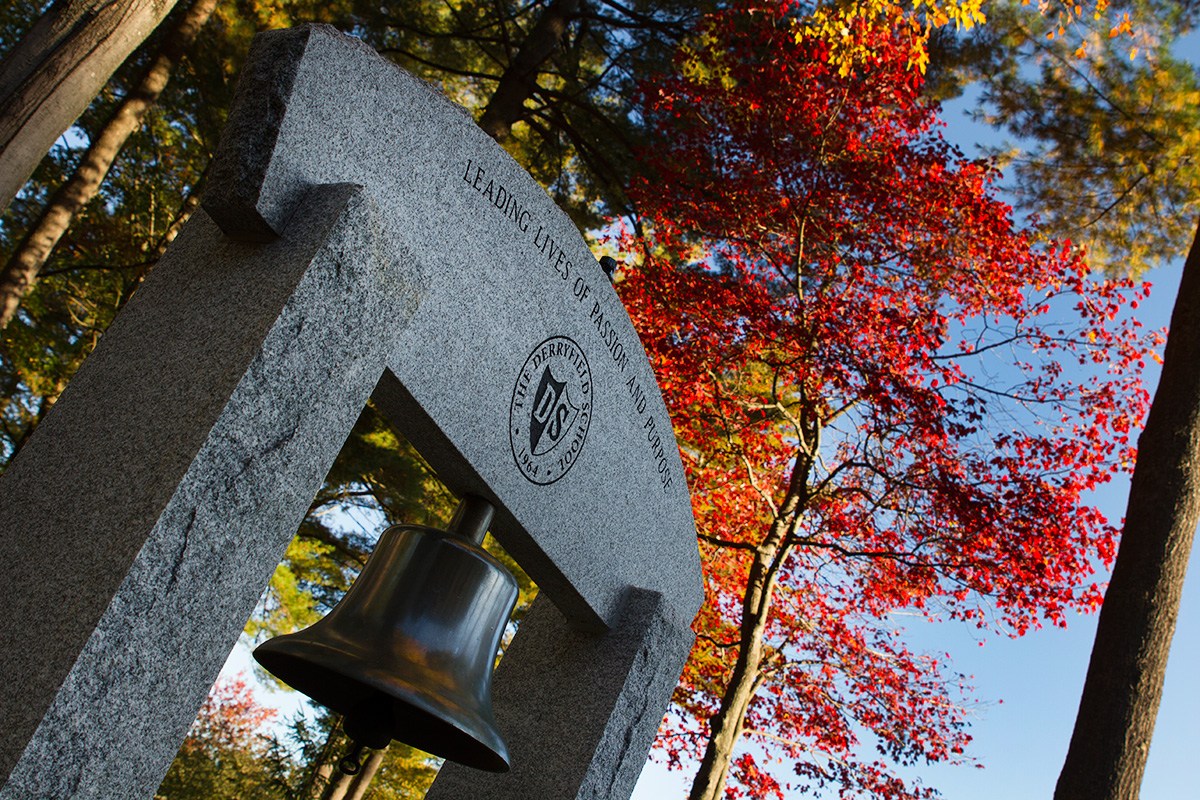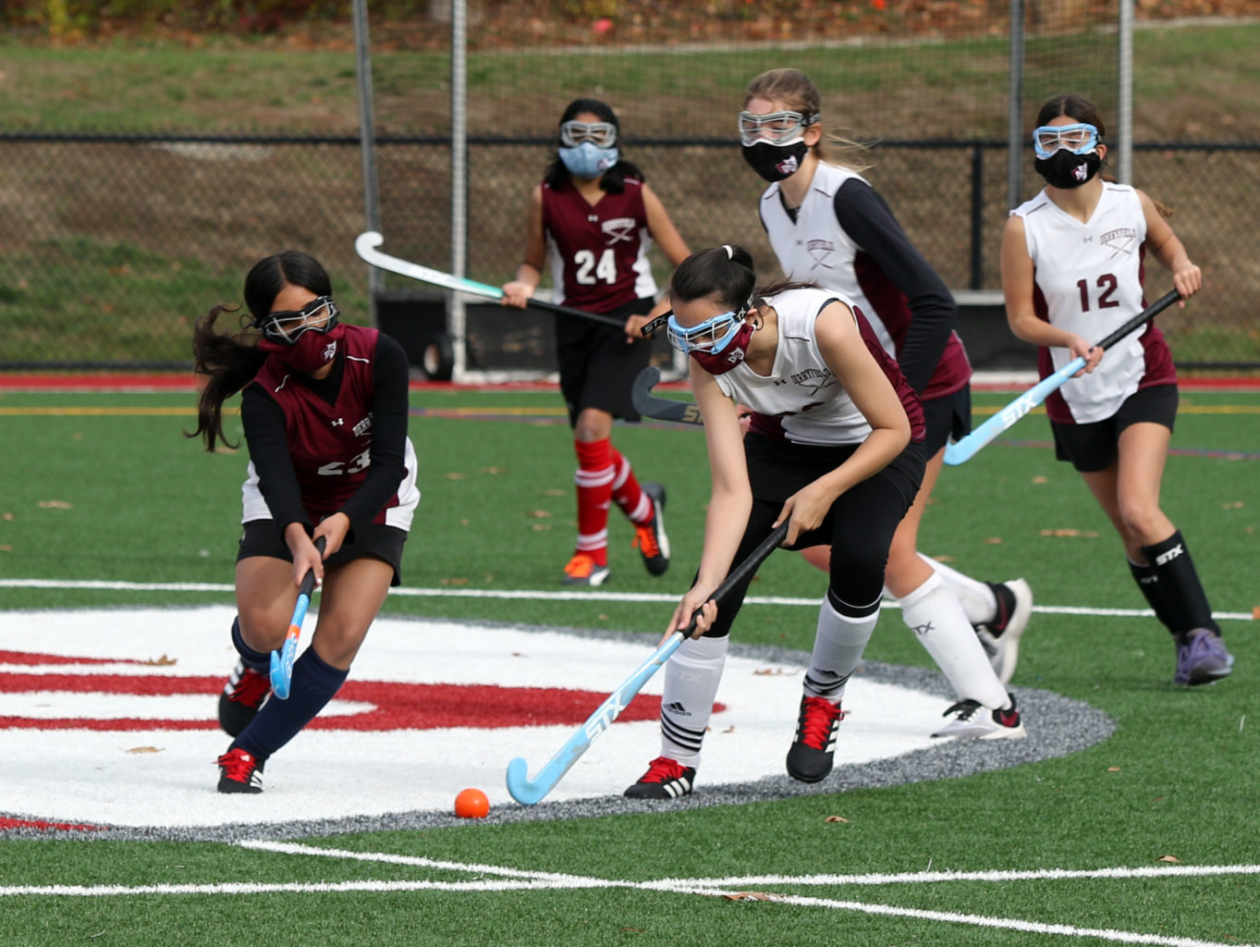Middle School History
The Philosophy
The Middle School history curriculum seeks to begin a journey that will enable young people to be informed and responsible citizens. Beginning with an exploration of the physical world in the sixth grade, the program then moves to the American political system, and then to a global examination of justice. The progression acknowledges a sixth grader’s more concrete view of the world (Geography), a seventh grader’s emerging understanding of the abstract concepts of government (Civics), and an eighth grader’s increasingly sophisticated view of justice (World Justice). The sequence gives students not only an appreciation of the world around them, but also an awareness of civic responsibility, and the moral challenges associated with justice in a free society. These courses challenge students to think creatively, become fully involved in their own learning, and explore the world around them.
Geography
Open to: Grade 6
As their first experience in the Derryfield History Department, students in Geography gain an understanding of and an appreciation for the significance of an individual’s relationship to his or her physical and cultural world while also developing the basic skills of organization, reading, writing, and research. Students will begin with map reading and investigating National Geographic’s Five Themes of Geography. After mastering these concepts, students will then apply them to various locations around the world, developing inquiry skills and interpersonal empathy through their studies. This is a key course that lays the foundation in both skills and content for further historical studies.
Civics
Open to: Grade 7
In Civics, seventh graders examine how the three branches of the U.S. government work, as well as how citizens can play an active role in our communities. Particular emphasis is placed on discussion and research about historic legislation and landmark Supreme Court cases. Students continue to build skills in effective reading, notetaking from reading, research, test-taking, structured and clear writing, and civil discourse. Class activities include general and structured discussions, research projects, and presentations. During the year, students are encouraged to remember that although they cannot yet vote, they can still be active citizens in their various communities.
World Justice
Open to: Grade 8
In World Justice, eighth graders explore the complexities of justice and how the concept has been applied in the last century across different cultures. Units include focus on human rights, a world diplomacy simulation, U.S. civil rights history, world migration, and the Holocaust. Students continue to work on the skills from earlier years but with more challenging texts and more demanding writing standards. These skills include analyzing documents, determining the bias of different sources, writing analytical paragraphs and essays, discussing “hot topics” using civil discourse, and developing the ability to see multiple perspectives.




